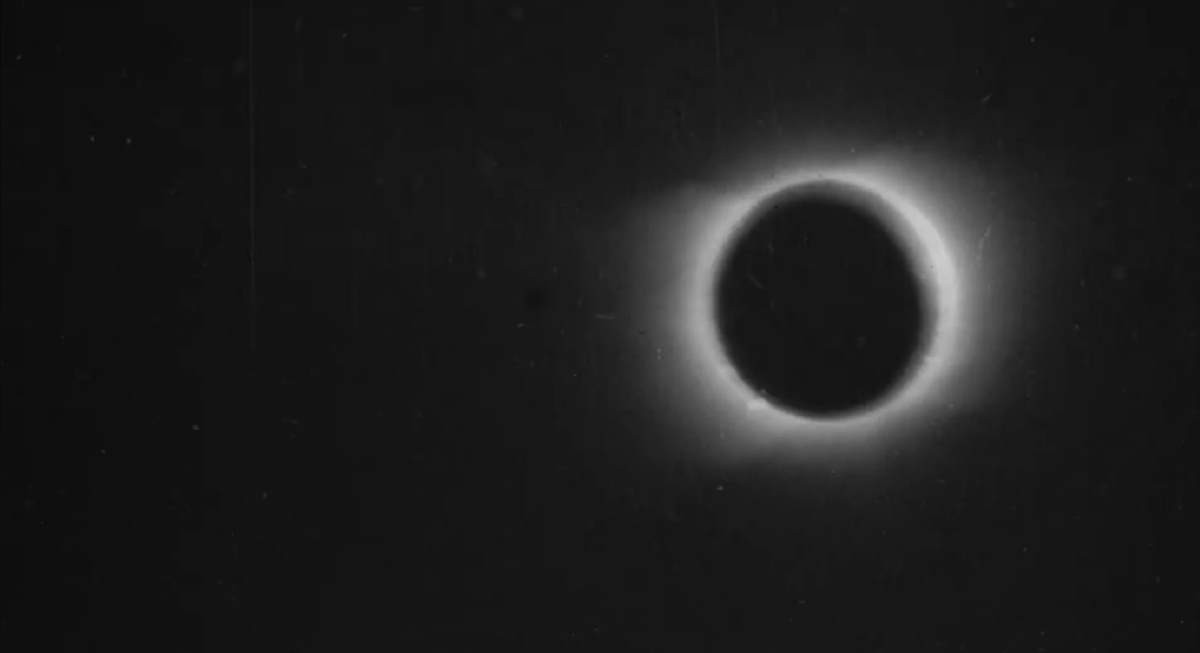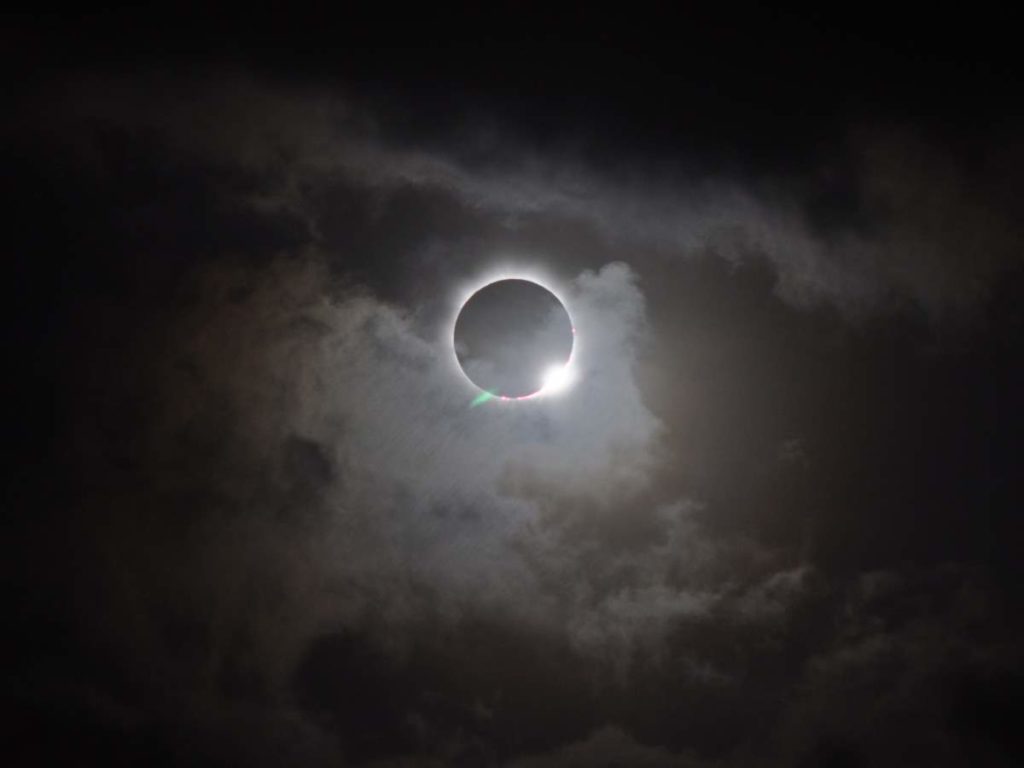This oldest footage of a solar eclipse was filmed on 28 May 1900, by the famous British magician and inventor Nevil Maskelyne (1863-1924).
The footage has been restored and released online by the BFI channel.
In wireless telegraphy, Nevil Maskelyne was the manager of Anglo-American Telegraph Company (a company formed on 6 November 1856 to undertake and exploit a commercial telegraph cable across the Atlantic ocean) which controlled the Valdemar Poulsen patents.
He was a public detractor of Guglielmo Marconi (25 April 1874 – 20 July 1937, the Italian inventor and electrical engineer, known for his pioneering work on long-distance radio transmission) in the early days of the radio (wireless). In 1903 he hacked into Marconi’s demonstration of wireless telegraphy, and broadcast his own message, hoping to make Marconi’s claims of “secure and private communication” appear foolish.
The oldest footage of a solar eclipse
This is is the earliest known movie of an astronomical event and the only surviving film by Maskelyne.
From the description of the video:
This oldest footage was filmed on 8 May 1900 by a famous magician, Nevil Maskelyne, while on an expedition by The British Astronomical Association to North Carolina. In 1898 he traveled to India to photograph an eclipse. He succeeded but the film can be stolen on his return journey home.
It was not an easy feat to film. Maskelyne had to make a special telescopic adapter for his camera to capture the event. This is the only film by Maskelyne that we know to have survived.
The original film fragment held in The Royal Astronomical Society’s archive has been painstakingly scanned and restored in 4K by conservation experts at the BFI National Archive, who have reassembled and retimed the film frame by frame. The film is part of BFI Player’s recently released Victorian Film collection, viewers are now able to experience this first film of a solar eclipse since the event was originally captured over a century ago.
Sources
- Nevil Maskelyne (magician) on Wikipedia
- “The oldest film of a solar eclipse has been restored and released online” on the Smithsonian Magazine website
- Space Shuttle Endeavour’s Touchdown Meets Columbia’s Salute [An amazing photo from the past] - February 29, 2024
- Moon Landings: All-Time List [1966-2024] - February 23, 2024
- From Orbit to Ordinary: 10 Earthly Applications of Space Technology - January 23, 2024

